The emotional roller coaster of insufficient sleep
4Any parent knows that if the child begins to get cranky at the end of the day, she is tired and needs to go to bed. Sometimes we can recognize it in ourselves, too – we are much more likely to feel edgy if we are tired or under-slept. This happens because of increased activity in the part of the brain called amygdala, which is linked to strong emotions like anger and rage and is also activated during fight-or-flight response. In research conducted by Matthew Walker, PhD “amygdala showed well over a 60 percent amplification in emotional reactivity in the participants who were sleep-deprived. In contrast, the brain scans of those individuals who were given a full night’s sleep evinced a controlled, modest degree of reactivity in the amygdala.”(1)
When we get enough sleep, the part of the brain called prefrontal cortex (which is responsible for executive function, logical thought and decision-making) regulates amygdala function and inhibits it when necessary. “With a full night of plentiful sleep, we have a balanced mix between our emotional gas pedal (amygdala) and brake (prefrontal cortex). Without sleep, however, the strong coupling between these two brain regions is lost.”(1) When this link is lost, we are left with our raw emotional responses, dominated by fear and anger (amygdala’s specialty).
However, amygdala is not the only part of the brain that gets hyperactive with sleep deprivation. The activity also increases in another part of the brain called the striatum, which is associated with impulsivity and reward-seeking and is flush with dopamine. The sleep-deprived individuals become hypersensitive to rewarding, pleasurable experiences – they act giddy and overexcited. This is also explained by loss of strong connection between the prefrontal cortex (the command center) and the striatum.
“Insufficient sleep does not, therefore, push the brain into a negative mood state and hold it there. Rather, the under-slept brain swings excessively to both extremes of emotional valence, positive and negative.”(1) As a result, you keep zooming full speed on the emotional roller coaster swinging wildly from highs to lows.
Extreme moods are not beneficial to our well-being. Extreme lows can lead to depression, sense of worthlessness and potentially suicidal thoughts in some individuals, and aggression and bullying in others. Extreme highs can lead to thrill-seeking and risk-taking, and have been linked to addictive behavior.
The consequences of those findings are wide ranging and extend beyond our individual lives to society as a whole. Matthew Walker writes that those findings “justify our questioning of whether or not sleep-deprived doctors can make emotionally rational decisions and judgments; under-slept military personnel should have their fingers on the triggers of weaponry; overworked bankers and stock traders can make rational, non-risky financial decisions when investing the public’s hard-earned retirement funds,” and so on. Folks in certain occupations bear responsibility not only for their own health and wellbeing, but also for the health and wellbeing of other people. And, of course, most of us drive every day. So the consequences of sleep deprivation can have a serious impact.
That is why when we work with yoga students who struggle with strong emotions and/or exhibit significant emotional swings, we need to investigate their sleep patterns and help them improve their sleep quality and quantity. It might not be obvious to them that sleep is a factor in their emotional highs and lows, but it should certainly be a consideration for us.
Next week we will take a look at the impact that lack of sleep has on our physiology in general and it’s not pretty! Tune in 🙂
[jetpack_subscription_form]References
1. Why do we sleep: Unlocking the Power of Sleep and Dreams by Matthew Walker

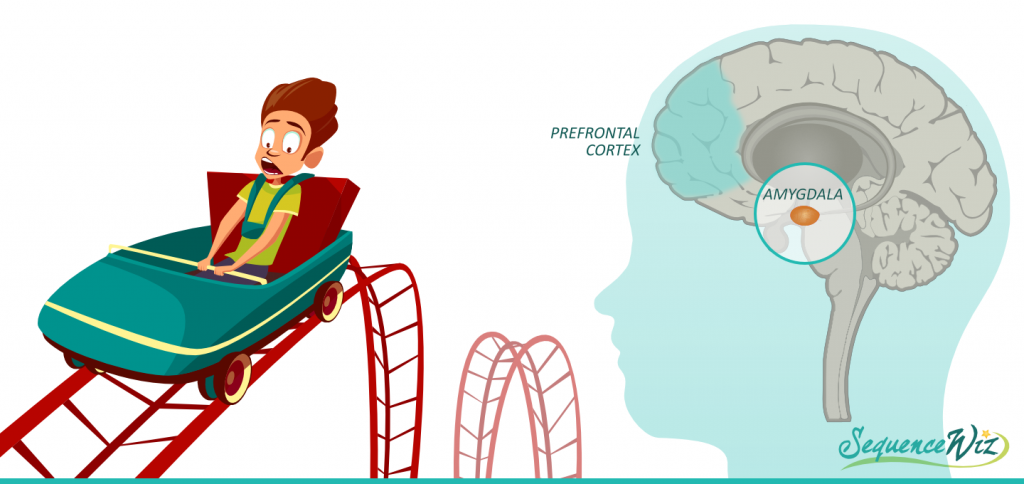
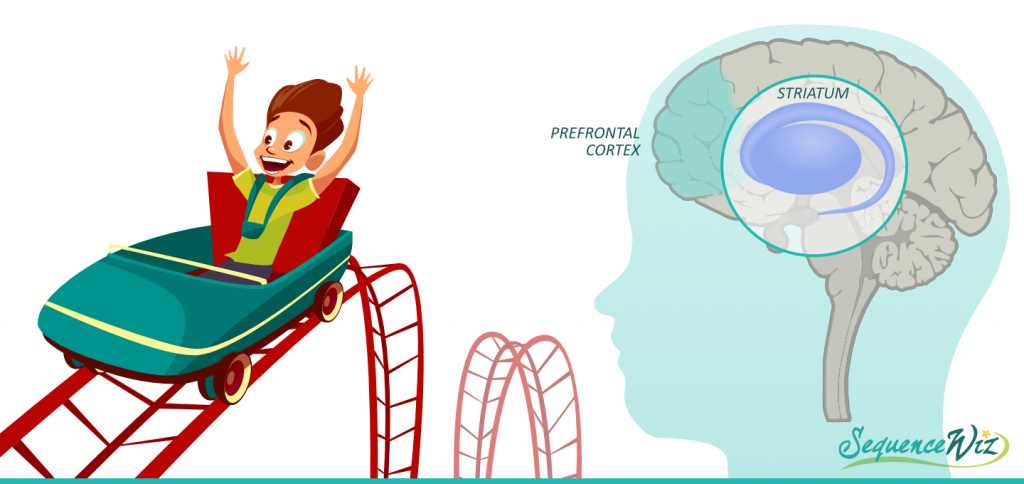

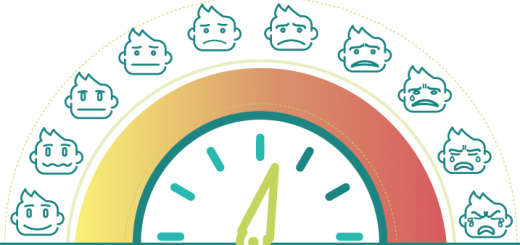
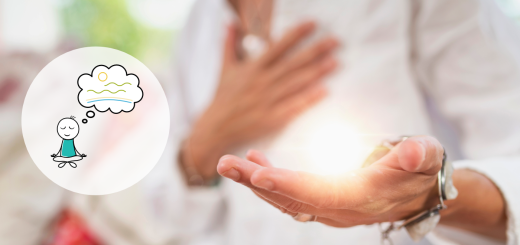



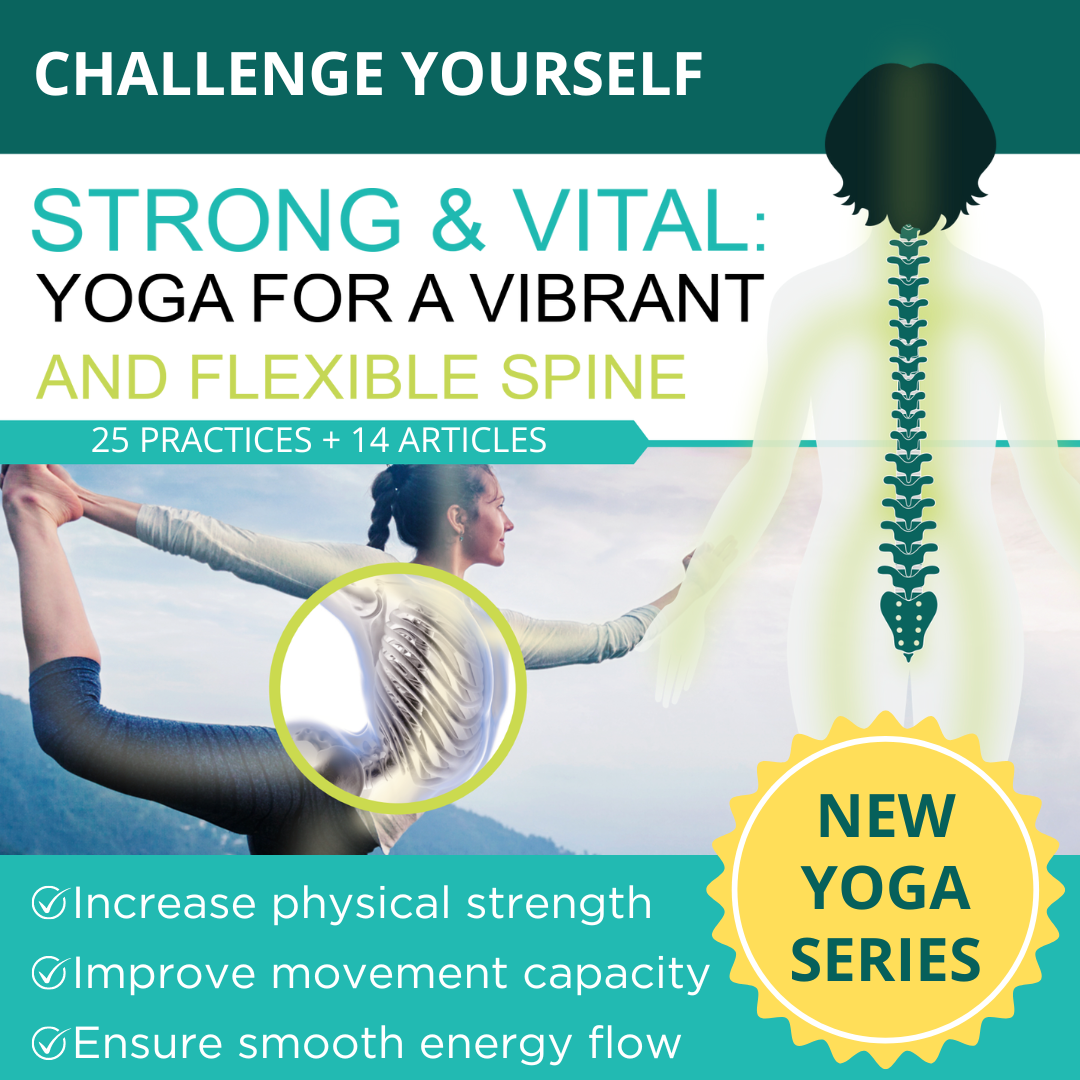

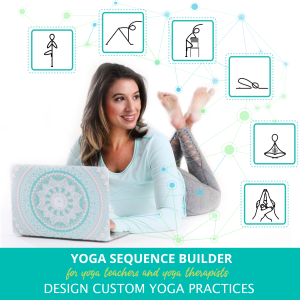


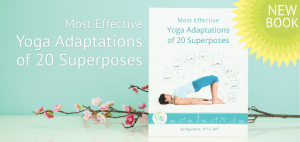
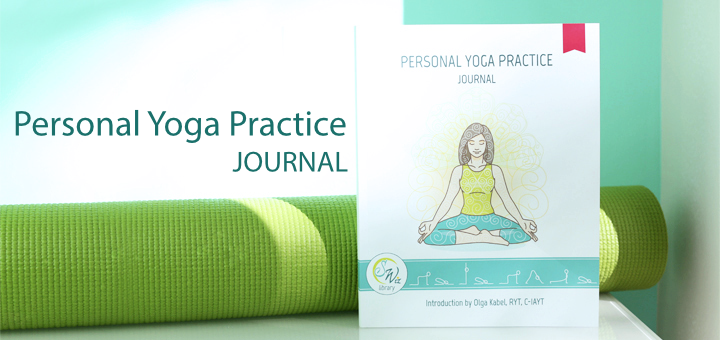





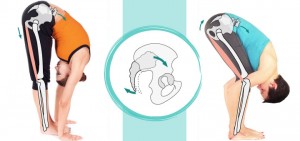
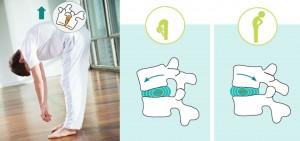
Thanks for this Olga,
I would LOVE some specific sequences for improving sleep quality as, thanks to menopause, I’m dealing with this issue myself.
Melinda
Thank you Melinda! We will definitely get to that – specific strategies and sequences for better sleep in the next month or so.
A general thank you Olga for your intelligent and well explained posts on soo many things.
I’m delighted that you are moving yoga forward with evidence-based thought, care and great generosity.
Kind regards
Georgina
Sydney, Australia
Thank you for your lovely comment Georgina! I am happy to hear that my writing resonates with you!